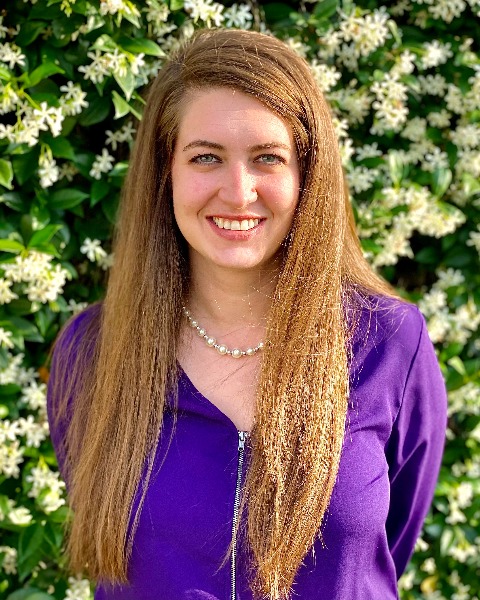Back
Workshop
Brave Girl, Speak: Advocating for Forgotten Victims
Monday, August 8, 2022
10:15 AM – 11:30 AM CDT
Room: Houston A
CE: 1.25
75 minutes
Intermediate
Victim Advocate, Therapist, CPS, CAC
Intermediate
Victim Advocate, Therapist, CPS, CAC

Kendall Wolz
Baptist Friendship House
Primary Presenter(s)
Research indicates all family members are impacted by the disclosure of intrafamilial child abuse and the intervention of outside agencies; therefore, it is imperative for non-abused siblings to be included in treatment planning. Often, the identified victim and a non-offending caregiver are the primary recipients of therapeutic services and they play a more active role in the judicial process. Even if they have not experienced direct abuse, siblings of the victim experience significant impacts such as relational loss, environmental changes, socioeconomic effects, emotional dysregulation, and potential victimization. This workshop will utilize personal testimony, experiential exercises, and a review of current research to equip attendees with tangible methods for assessing and responding to the needs of non-abused children.
Learning Objectives:
- Identify the impacts of interfamilial abuse on non-abused siblings.
- Critique three models of intervention which include non-abused siblings.
- Evaluate their agency’s effectiveness in advocating for non-abused siblings.
